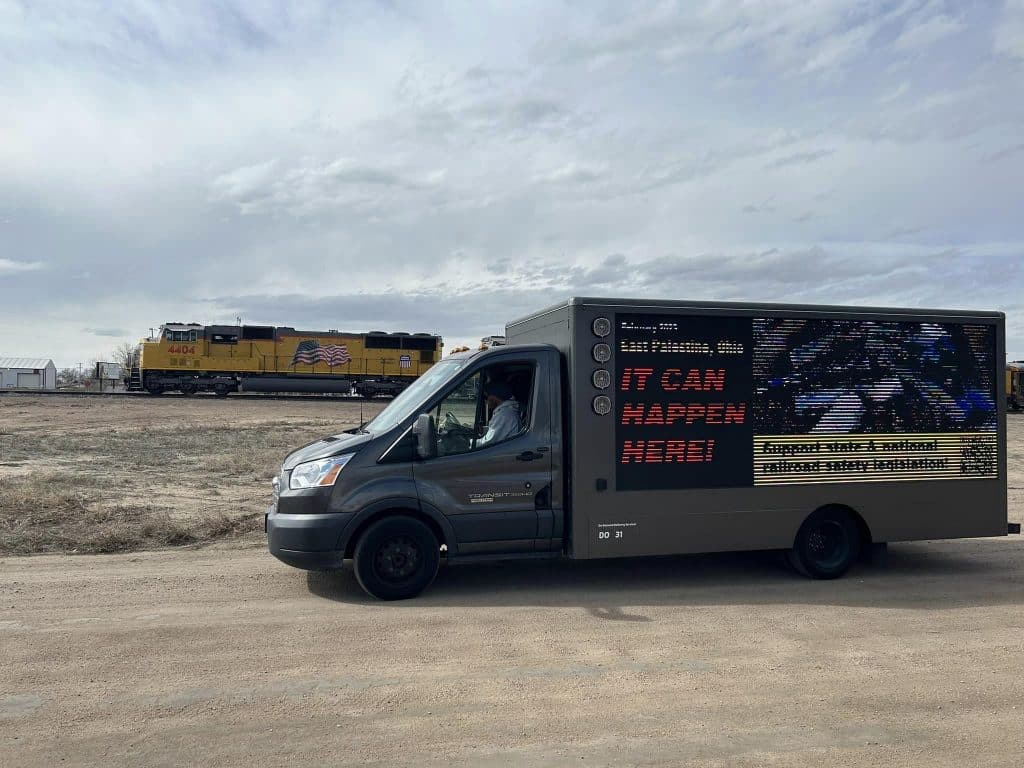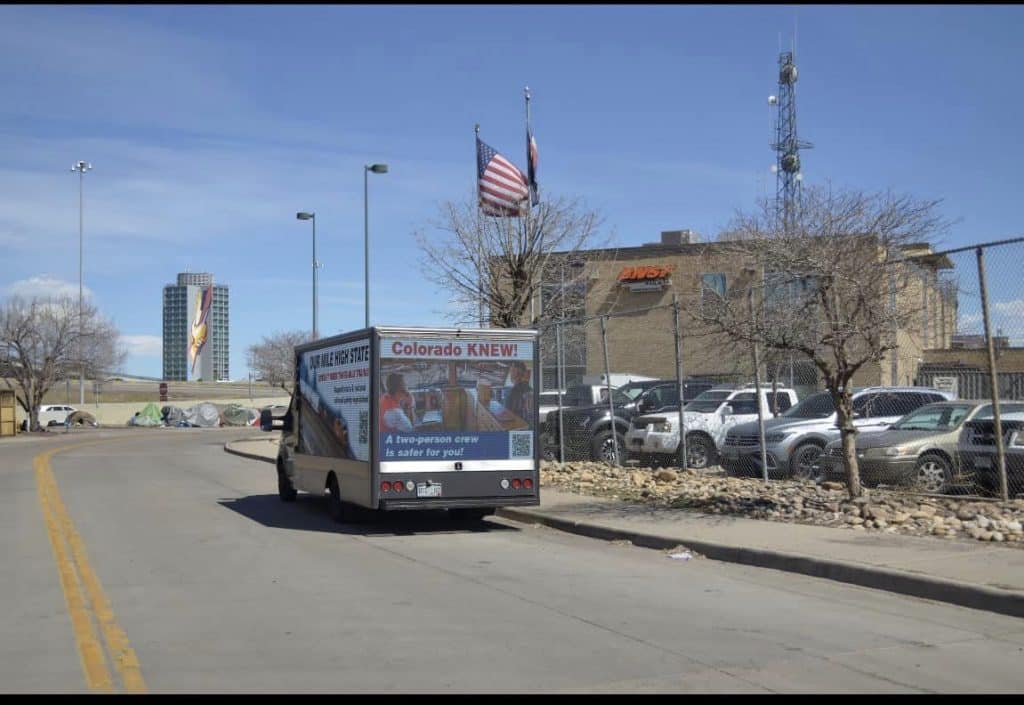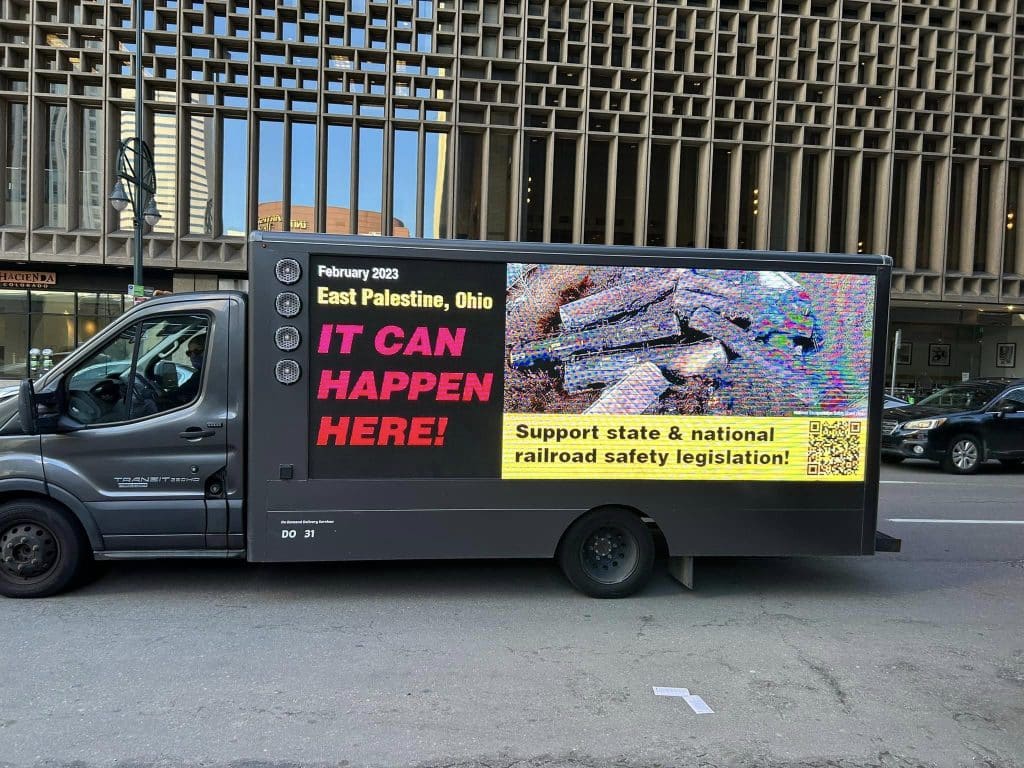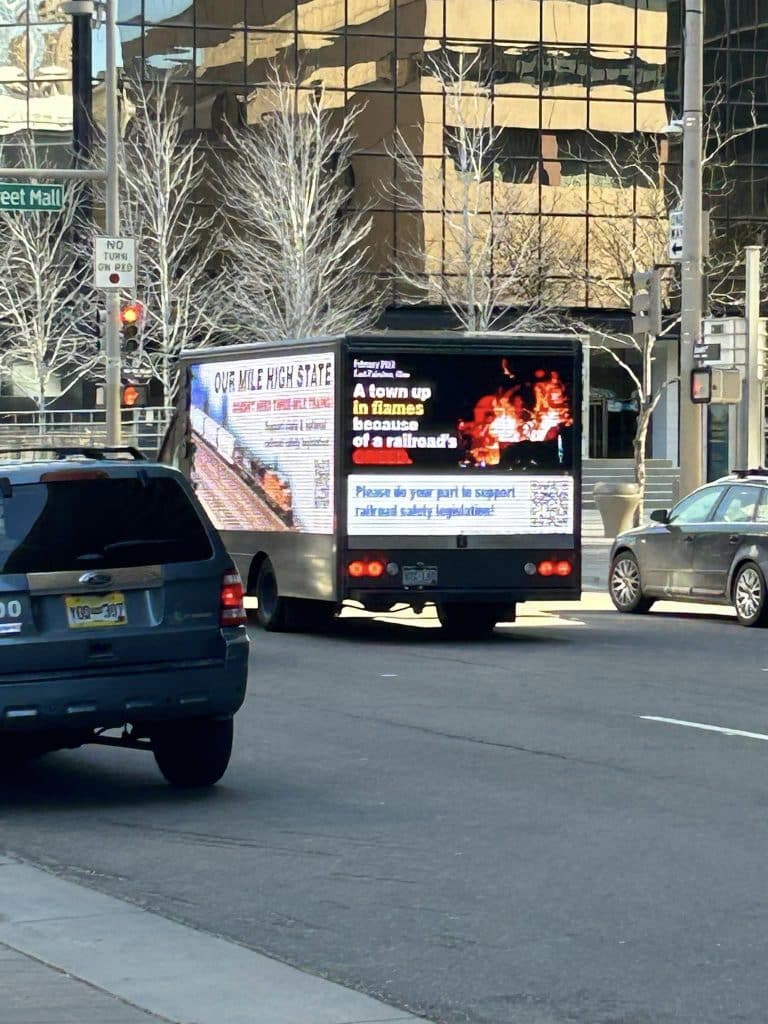As the recently retired Chairman of the Surface Transportation Board, I’m writing to urge your participation in the 2024 election. My experience taught me that the protections of rail workers by the STB and by the FRA depends a lot on whether these important offices are filled by worker-oriented administrations. A few key points show why this is true.
Before I joined the STB more than five years ago, rail labor viewed the STB as indifferent to rail worker interests at best, and hostile at worst. Back then, the Class Is were implementing PSR and dramatically cutting employment — ultimately eliminating nearly 45,000 good rail jobs. But under prior Republican-led STBs, these practices were allowed to flourish. That changed in my time as chair.
For those that don’t know the STB is an independent federal agency responsible for overseeing the economic regulation of different types of surface transportation, with a strong focus on freight rail. The STB uses its authority to address disputes and promote a transportation system that serves the needs of everyone involved, including SMART-TD members.
While the STB cannot solve all the issues facing rail labor, I believe that the Board’s focus under the current Democratic leadership on improving rail service and, most importantly, on maintaining and growing a robust workforce has had a significant impact on holding the line against more massive rail layoffs.
After President Biden appointed me as chair and the Board had a Democratic majority, the board began to take action.
In the spring of 2022, we held unprecedented hearings on the service problems of the industry that were the result of the mindless job cuts and senseless resource reductions by the Class Is. Top executives of the Class Is were called in and questioned by the board.
For the first time, rail labor leaders were invited to address the board in a formal hearing. After the hearings, and despite their objections, we ordered the Class Is to provide monthly performance updates, with an emphasis on public reporting on employment — hiring, training, and, crucially, retention.
As a result, the Class Is began to increase employment for the first time since the start of PSR, especially in the operating crafts.
The board was able to take other actions to protect workers. In approving the CSX-Pan Am transaction, we obtained a commitment by CSX to go beyond the standard protections and to ensure that any employee who lost a job would be offered one in a different craft or location.
In the CP-KCS transaction, for the first time, the board imposed a condition that if the carriers proposed to combine territories where two agreements applied and sought to have only one agreement, the affected union, not the carrier, would get to pick the agreement (contrary to prior mergers where the carrier got to choose).
With a Democratic majority, I was able to make sure that the Board added rail labor leaders to the board’s most important industry advisory committees — where labor’s voices had been lacking for too long.
The Board also coordinated with the FRA on issues related to service, safety, and employment. Indeed, the Biden FRA under Amit Bose has been the virtual opposite of the FRA under the prior Administration.
Among other things, it issued a two-person crew rule, fulfilled a 17-year-old legislative directive for certification of signalmen and dispatchers, revived the Rail Safety Advisory Committee (that includes rail labor), and put the brakes on the near-automatic issuance of waivers of safety regulations under the prior administrator.
As you can see, who appoints leaders to these important railroad regulatory positions makes a huge difference to you and the quality of your work life. Had there not been a change in the White House, the STB, and the FRA would have permitted the railroads’ corporate greed-driven operational models to remain unbridled. Thankfully, I was empowered and entrusted by President Biden to do the right thing and hold the Class Is accountable.
In order to make sure that the STB and FRA will continue to respect rail workers and that rail unions will have a place at the table and will be listened to, we will need an administration that will appoint officials who care about rail workers and continue the aggressive oversight of the railroads by the current Democratic-led STB and FRA. Support for the Democratic ticket — both for president and for the Senate and House of Representatives — because my experience taught me that the protection of rail workers is quite realistically at stake.
I strongly urge you to vote for Kamala Harris and Tim Walz to ensure that the STB and FRA will continue to provide the energetic oversight of the railroads which is essential for all of us to thrive and prosper, and to do so safely.
Best,
Marty Oberman
Former chairman, Surface Transportation Board



